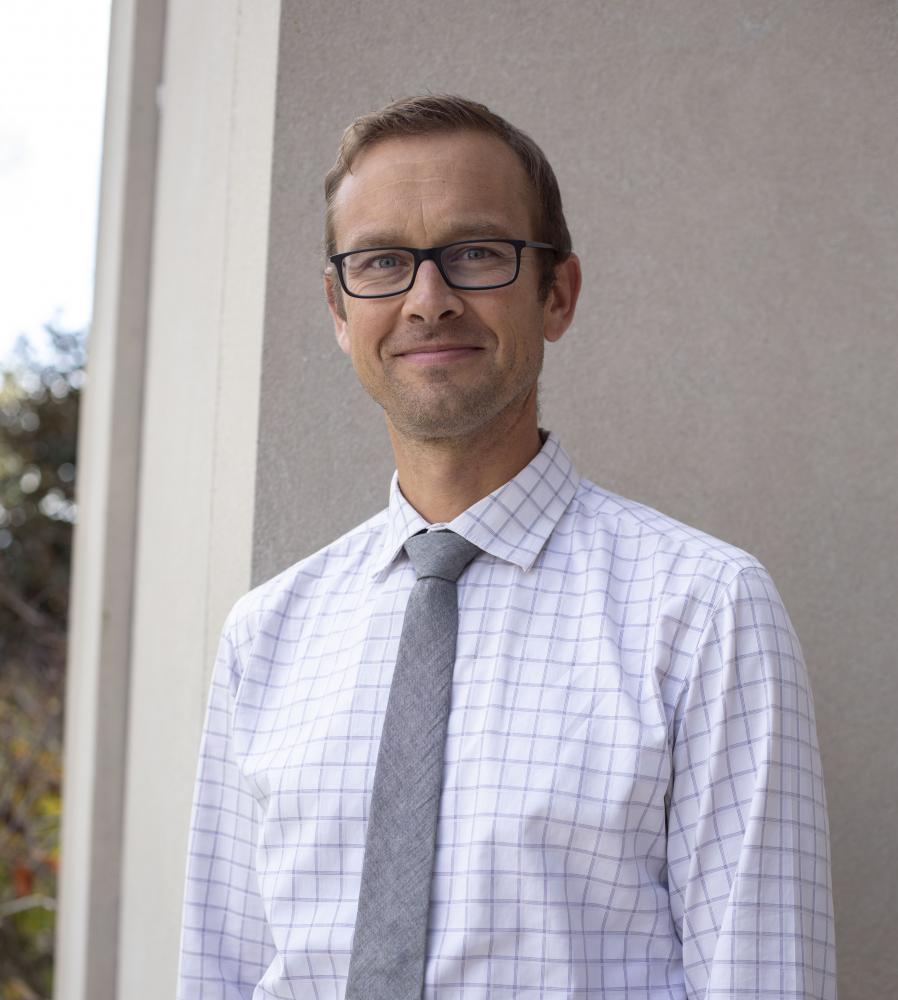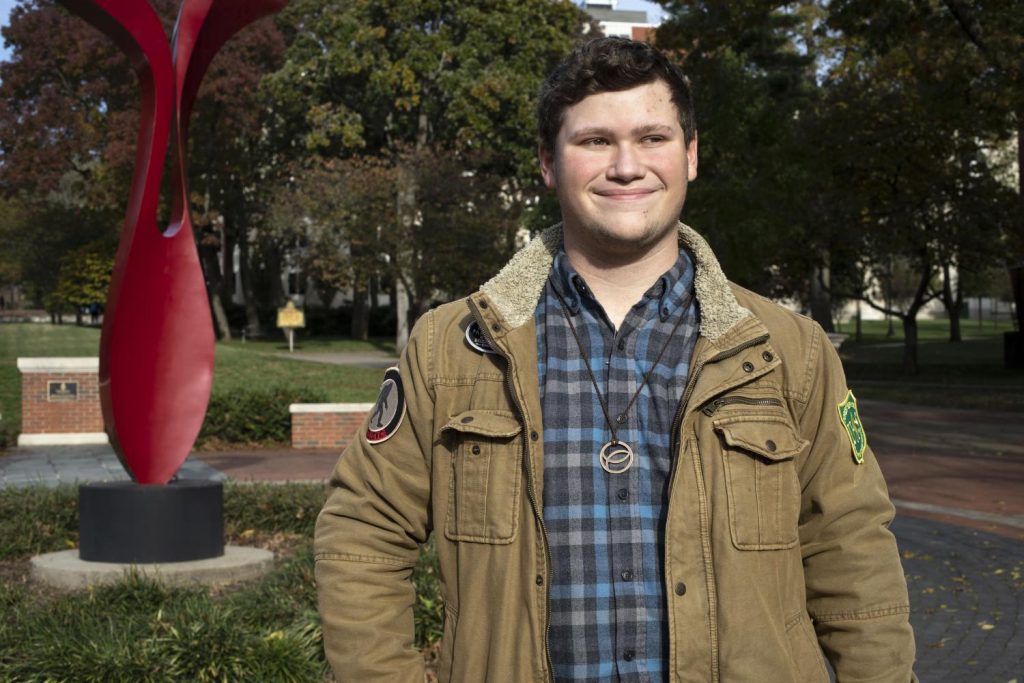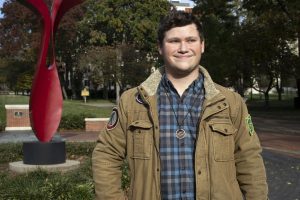The WKU community has spent the last three semesters operating in some form of remote learning, either completely online or hybrid form. This fall, WKU transitioned back to in-person classes.
The past 18 months have been necessary, but have had pretty substantial consequences for students and professors. Students are now readjusting to campus life and classroom etiquette. Professors are redoing lesson plans, and sometimes even starting from scratch.
This transition is overwhelming for some students. For example, this year’s cohort of sophomores haven’t experienced a pre-pandemic year of college. They are just now learning the flow of campus life, on the cusp of being upperclassmen.
Most professors are transitioning back to in-person classes again, aside from a few exceptions for professors who are concerned about their health and the health of their at-risk family members.
During a time of virtual learning, students sacrificed interactions with classmates before and after class. There was no push for students to connect with their professors.
“I think students in general are very excited,” said Jeffrey Miner, an assistant history professor at WKU. “But I think there are, at least for me, some less visible costs. For example, I feel that I need to keep track of students who are not in class much more actively and thoroughly than I would have before.”

Some professors feel burnt out and exhausted like their students. Miner expressed his struggle with feeling more responsible for keeping up with his students’ absences and checking in on them. He says that he personally feels more pressure to know their health status if the student has been absent from class for more than two days.
Some students have fully embraced the transition back to in-person classes. Ben Taylor, a sophomore from Louisville, is thankful for the end of Zoom classes.
“The largest adjustment I have had to make in my life is actually getting up and out,” Taylor said in an email. “Due to this, I have actually felt more energetic and generally upbeat, as opposed to just sitting in my room watching an online conference call.”
There are plenty of upsides to being back in person. Students like Taylor are feeling more motivated in their schoolwork again. The return to campus makes students feel normal again. Just being on campus makes it seem like we are reaching some form of normal again.

On the other side of the spectrum, some students are struggling with the shift from virtual learning to face-to-face courses.
Leah Coulter, a junior from Paducah, said she was lost and confused when she arrived back on WKU’s South campus.
“The biggest adjustment would have to be going from all of my classes online with one Zoom to three- to six-hour class days,” Coulter said in an email. “I’m also not on the main campus anymore, so it was difficult getting adjusted to the buildings.”
Moving forward this semester, Miner and Coulter both shared advice for professors and students alike who are struggling to find some normalcy.
“I find being in my office helps,” Miner said. “I am in my office five days a week. I know not everybody likes to do that, but for me I do like having the building being open and whatnot. I like being able to come here and do work.”
He felt like during quarantine he lost that separation of work and home. Miner explains that being in his on-campus office assists in creating two different places of his life after the transition back.
“When I’m at my office, I am working and I’m fully present here, but then when I go home, I can put that work in a box for some period of time and not have to think about it,” Miner said. “When you’re at home all the time, that is harder to achieve, and I think that has been more challenging to recover.”
For students, Coulter advises that staying ahead in your planning can help alleviate unnecessary stress. Making lists for assignments and due dates can aid in establishing a neater and balanced schedule.
She gives a final message of support to her fellow students transitioning back: “also, hang in there because it gets better.”
